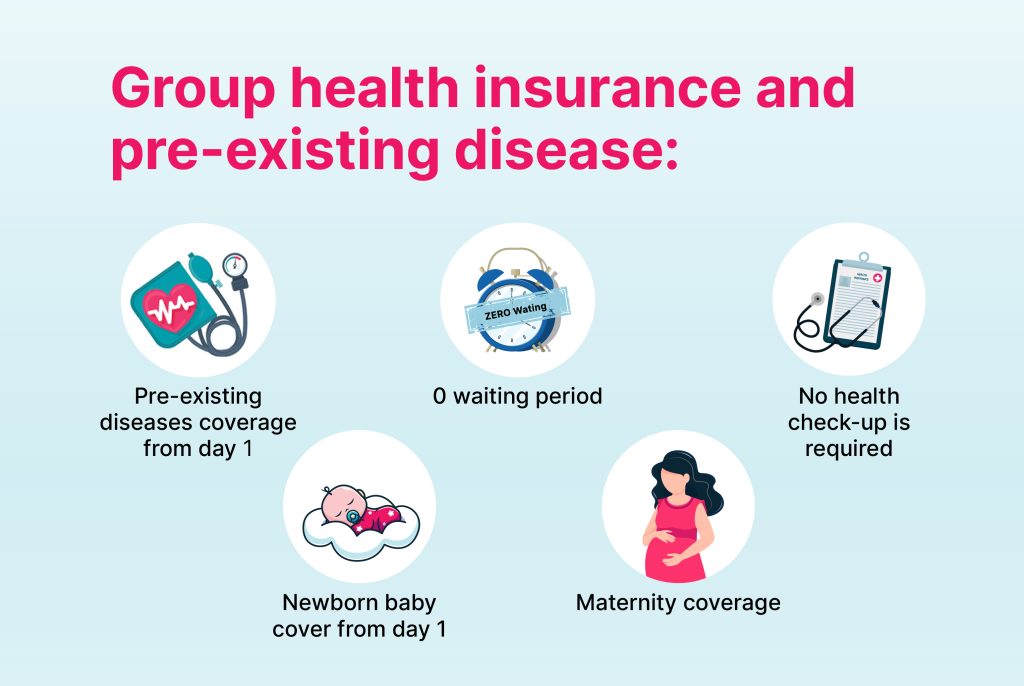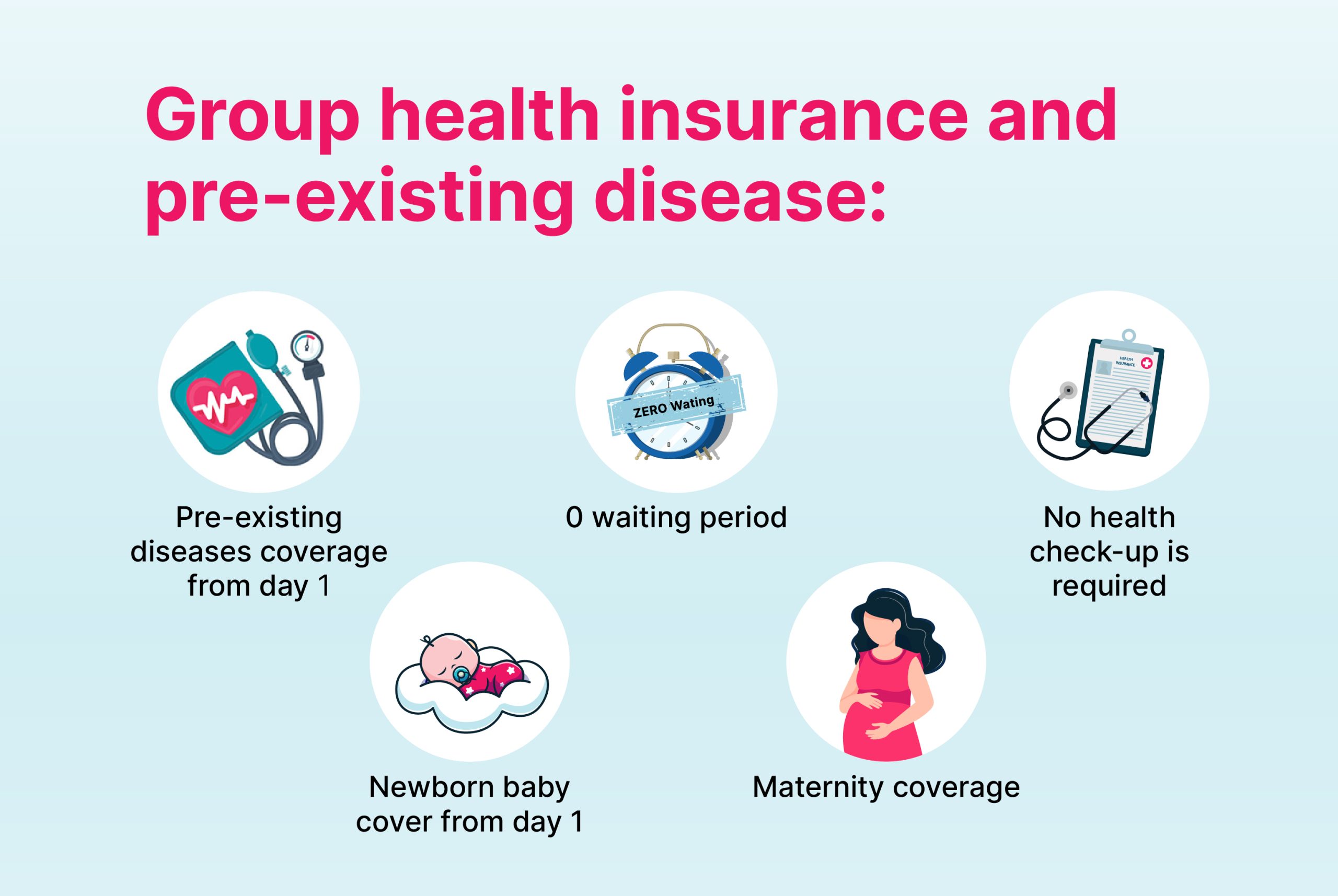If you’ve been diagnosed with diabetes—or are caring for someone who has—you’ve likely wondered: Is diabetes a pre-existing condition? The short answer is yes, but what that actually means for your health insurance, life insurance, or even travel coverage can be confusing. In this guide, we’ll break down exactly how diabetes is classified, how it impacts your coverage options, and what legal protections you have—especially in the U.S. You’re not alone, and understanding your rights can save you time, money, and stress.
What Exactly Is a Pre-Existing Condition?
A pre-existing condition is any health issue you had before enrolling in a new health insurance plan. This includes chronic diseases like asthma, cancer, heart disease—and yes, diabetes (both Type 1 and Type 2).
Before 2014, insurers in the U.S. could deny coverage or charge higher premiums based on pre-existing conditions. But thanks to the Affordable Care Act (ACA), that changed dramatically.
💡 Key Fact: Under the ACA, health insurers cannot deny coverage or charge more because you have a pre-existing condition like diabetes.
However, this protection applies only to ACA-compliant health plans—not all insurance products (more on that below).
Is Diabetes Considered a Pre-Existing Condition for Health Insurance?
Yes—diabetes is universally classified as a pre-existing condition by health insurers.
But here’s the crucial part: Since 2014, group and individual health plans sold on the ACA marketplace must cover treatment for pre-existing conditions without penalty.
What This Means in Practice:
- You cannot be denied coverage due to diabetes.
- Insurers cannot charge you more than someone without diabetes.
- All essential health benefits (including prescription drugs, lab tests, and chronic disease management) must be covered.
📊 Stat: Over 37 million Americans have diabetes—about 11% of the population (CDC, 2022). That’s why treating it as a standard health condition—not a disqualifier—is critical for public health.
For more background on how pre-existing conditions are defined historically, see Wikipedia’s entry on pre-existing conditions .

How Does Diabetes Affect Other Types of Insurance?
While health insurance is protected under the ACA, other insurance types operate differently:
1. Life Insurance
- Diabetes is treated as a pre-existing condition.
- You’ll likely pay higher premiums, especially if you have Type 1 or poorly controlled Type 2.
- Insurers assess risk based on A1C levels, age of diagnosis, complications (e.g., neuropathy, kidney disease), and medication use.
- Some companies offer “guaranteed issue” policies (no medical exam), but these cost more and have lower coverage limits.
2. Travel Insurance
- Many travel policies exclude coverage for medical emergencies related to pre-existing conditions—unless you buy a pre-existing condition waiver.
- To qualify, you usually must:
- Purchase the policy within 10–21 days of your initial trip deposit.
- Be medically fit to travel at the time of purchase.
- Insure 100% of pre-paid, non-refundable trip costs.
3. Short-Term Health Insurance
- Not ACA-compliant.
- Can deny coverage or exclude diabetes-related care.
- Often marketed as “cheap” alternatives—but avoid if you have diabetes unless it’s truly temporary and you understand the risks.
How to Get Fair Coverage with Diabetes: A Step-by-Step Guide
If you’re shopping for insurance and have diabetes, follow these steps to protect yourself:
Step 1: Stick to ACA-Compliant Plans
- Shop during Open Enrollment (Nov 1 – Jan 15) or qualify for a Special Enrollment Period (e.g., after losing job-based coverage).
- Use HealthCare.gov or your state’s exchange.
Step 2: Compare Formularies
- Check if your insulin (e.g., Humalog, Lantus) and glucose monitors are covered.
- Look at tier levels—some plans put insulin in Tier 3 or 4, leading to high out-of-pocket costs.
Step 3: Review Out-of-Pocket Maximums
- Even with ACA plans, you may pay $50–$100/month for insulin after the Inflation Reduction Act cap (as of 2023).
- Choose a plan with a lower deductible if you expect frequent doctor visits or supplies.
Step 4: Ask About Chronic Care Management
- Many ACA plans offer free diabetes education, nutrition counseling, and care coordinators.
- These services can reduce long-term complications and costs.
Step 5: Document Everything
- Keep records of diagnosis dates, treatment plans, and prescriptions.
- Useful if you ever appeal a denied claim or apply for supplemental insurance.
Diabetes & Insurance: Common Misconceptions
| “I can’t get health insurance with diabetes.” | False—ACA prohibits denial based on pre-existing conditions. |
| “All insurance treats diabetes the same.” | False—life, travel, and short-term plans have different rules. |
| “Medicare won’t cover my diabetes care.” | False—Medicare Part B covers screenings, supplies, and self-management training. |
| “I must disclose diabetes even for non-medical policies.” | Not always—only if the application asks about health history. |
FAQ: Is Diabetes a Pre-Existing Condition?
Q1: Does the ACA protect me if I have Type 1 or Type 2 diabetes?
Yes. Both types are covered equally under ACA rules. Insurers cannot discriminate based on diabetes type, severity, or management method.
Q2: Can an employer deny me health insurance because of my diabetes?
No. Group health plans (through employers) must comply with the ACA. Your diabetes cannot affect eligibility or premium contributions.
Q3: What if I’m on COBRA and have diabetes?
COBRA lets you continue your employer plan temporarily. Since it’s the same plan you had while employed, your diabetes is already covered—no new underwriting.
Q4: Do Medicaid and CHIP consider diabetes a pre-existing condition?
No. These government programs do not use medical underwriting. If you qualify by income, you’re covered—including full diabetes care.
Q5: Can I be denied disability insurance due to diabetes?
Possibly. Private disability insurers can deny or limit coverage based on diabetes, especially if complications exist. Apply early and work with a broker familiar with chronic conditions.
Q6: Is gestational diabetes a pre-existing condition?
It depends. If it resolves after pregnancy, it may not be considered pre-existing for future plans. But if it leads to Type 2 diabetes, that diagnosis is pre-existing going forward.
Conclusion
So, is diabetes a pre-existing condition? Yes—but thanks to the Affordable Care Act, that label no longer blocks your access to quality, affordable health insurance in the U.S. However, always read the fine print for life, travel, and short-term policies, where protections are weaker.
Understanding your rights empowers you to manage your health without fear of financial ruin. If this guide helped you, share it with a friend or family member navigating diabetes and insurance—they’ll thank you!
💬 Got questions? Drop them in the comments below or consult a licensed insurance broker who specializes in chronic conditions.

Leave a Reply